When callings, dreams, ideas and plans begin to unfold in our minds and hearts we feel the sting of their associated risks. The safe path tempts us with the promise of survival. For animals, survival is often the primary purpose. But as human beings, we yearn for more than survival.
We want meaning. We want fulfillment. 
And that requires RISK.
Most of us live in a way that is designed to maintain the status quo. We live in the same home. Work at the same job. We occupy our leisure time with the same hobbies. Some of us even vacation in the same place each year.
We try to fill our lives with the “known” to avoid the unexpected. Life ceases to be an adventure where we encounter and discover the “new.” Our routine gives us the illusion of safety and security.
Linda and I once took a day-long retreat to reflect on the past ten years of our lives. One of the exercises had two parts. The first part was to list everything we had done that was truly meaningful during that decade. The second part was to identify the risk we had to take in order to do the thing that was meaningful.
It turned out that virtually everything that we identified as meaningful involved some significant risk.
In the first half of our lives we are more willing to take those risks. So we’re more likely to discover meaning and fulfillment in what we do.
But in the second half of our lives most of us gravitate toward security. We may have a family, a home, job security, health insurance, and even some savings. We’re not willing to take the kind of risks we took earlier in our lives.
At the beginning of each year I teach a course called, Living on Purpose. The purpose of the course is to discover what rises to the top when we ask some fundamental questions about our lives.
- What am I here to do?
- What is the legacy I hope to leave behind?
- What is my true calling in this world?
- At this point in my life, what is the unique contribution I can make?
As part of the course, I ask people to complete a Living on Purpose Self-Assessment. One of the questions is:
Am I taking the risks that are necessary to transform my life in the direction it needs to go?
Here are the results:
About one-third of the total respondents (72 people) said that they were taking little or no risk.
About half the respondents said they were taking some risk, but probably not enough.
Only 13% of the respondents said, “I’m taking quite a bit of risk in order to move my life forward.”
Most the people in my course are in the second half of life (over 40). This is a time when we are often more inclined to ask reflective questions about how we have lived and what we want to do before we die. Paradoxically, the years when we are most inclined to search for meaning are often the years when our willingness to take risks is lowest.
The end result of this equation is that we dream, we search for meaning, we may even discover our dharma (our true calling). But we don’t take the steps to change our lives because to do so requires risk and we fall back on the illusion that we are safer if we just keep things as they are.
But I would argue that the greatest risk is to do nothing, when you know you should do something. It may not seem like a big risk now, but when you’ve reached the end of your life, you will have to face the regrets of what you could have done, but didn’t do.
WARNING:
Inaction and Security May Be Hazardous to Your Purpose
Gregg Krech is the author of several books including, The Art of Taking Action, and A Natural Approach to Mental Wellness: Japanese psychology and the skills we need for psychological and spiritual health. He’s been studying and teaching Japanese Psychology for 30 years and is currently the Director of the ToDo Institute in Vermont, a non-profit education and retreat center. He will be teaching the course TAKING ACTION: Finishing the Unfinished and Starting the Unstarted, which begins on Feb. 19, 2024.
Tags: Action Procrastination Purpose Thirty Thousand Days
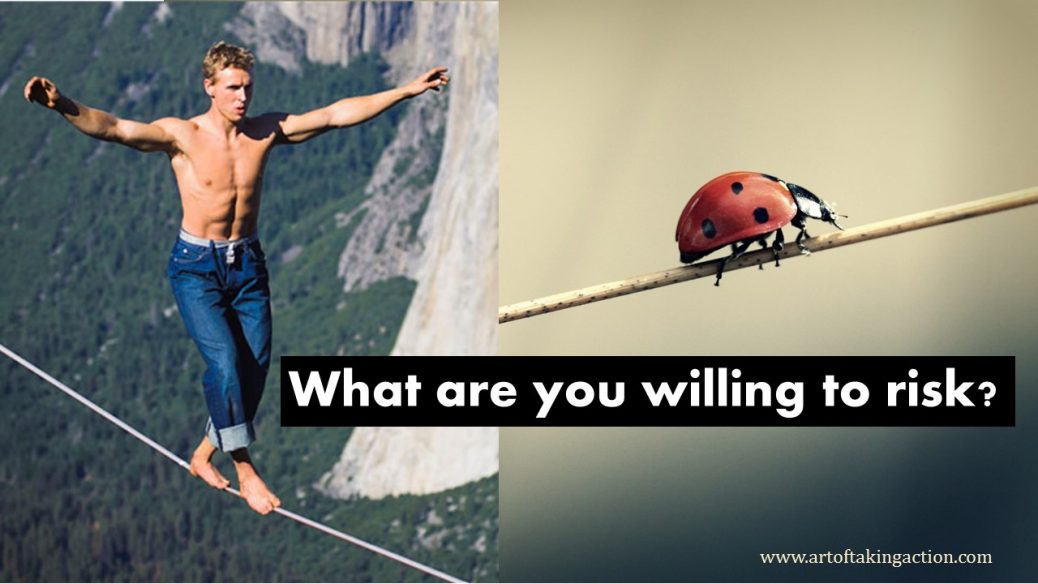
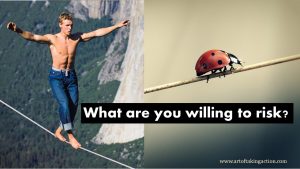
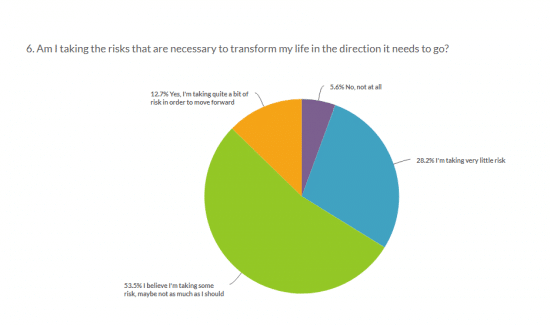
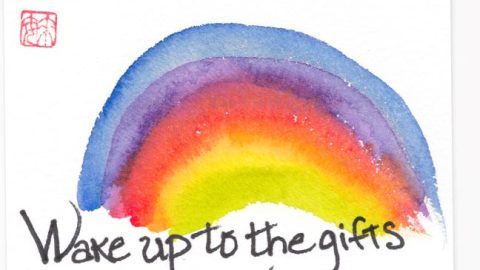
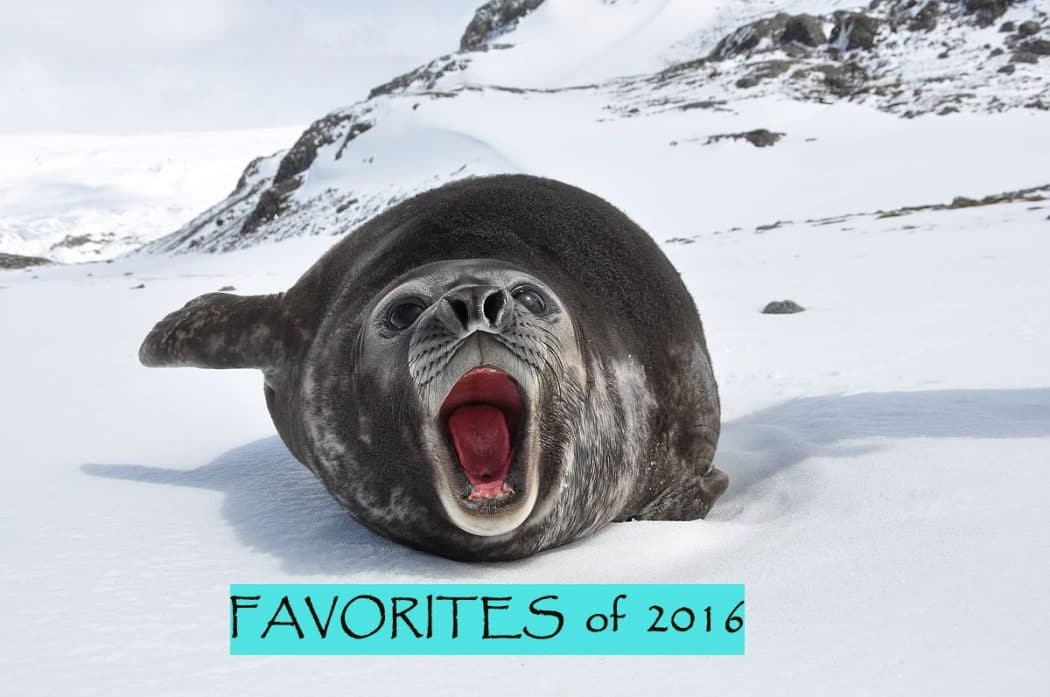

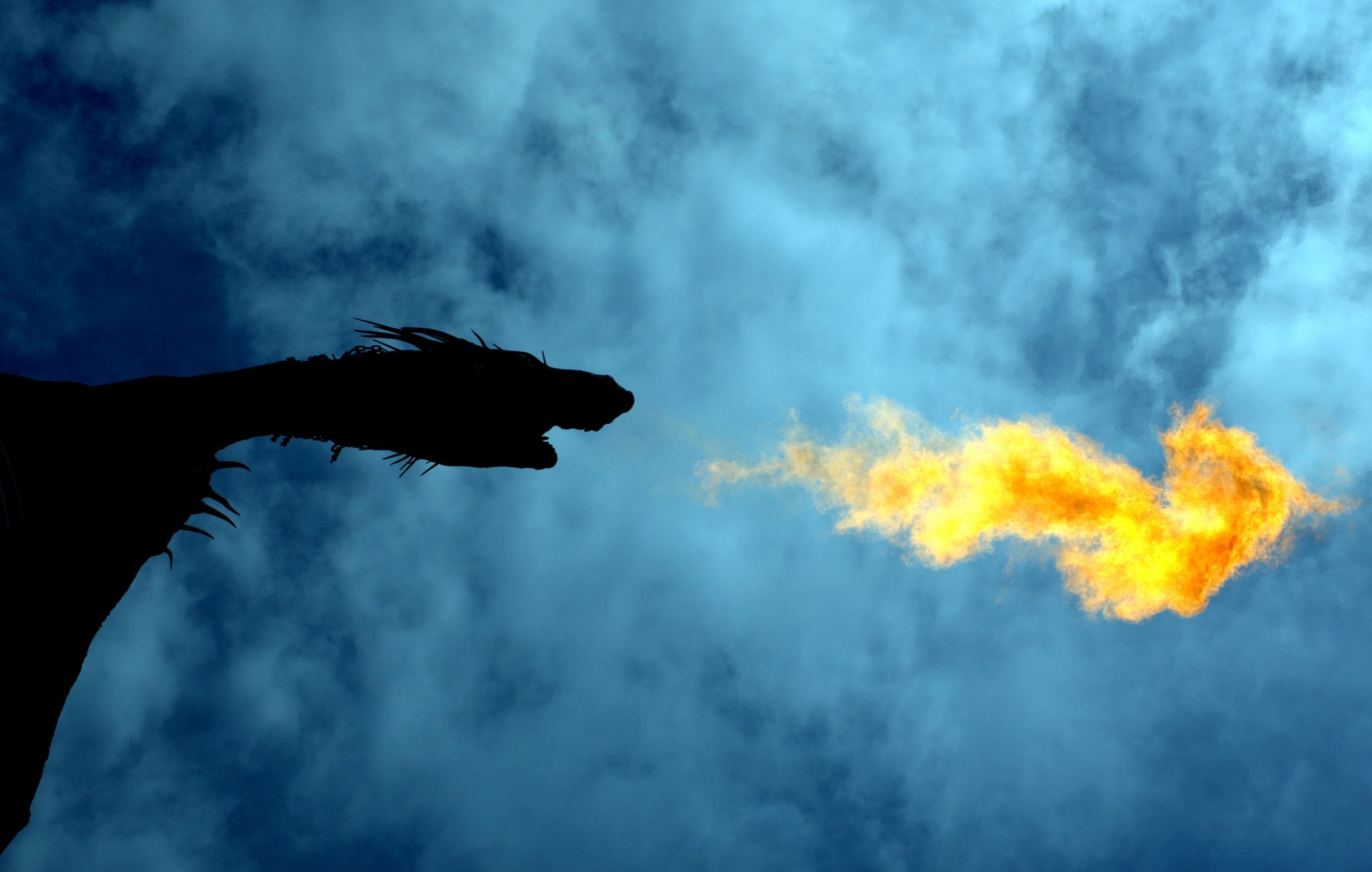

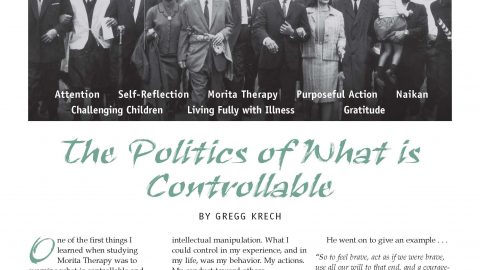





Comments are closed.
Thank You for the weekly quotes. I enjoy reading them. All the Best. tina